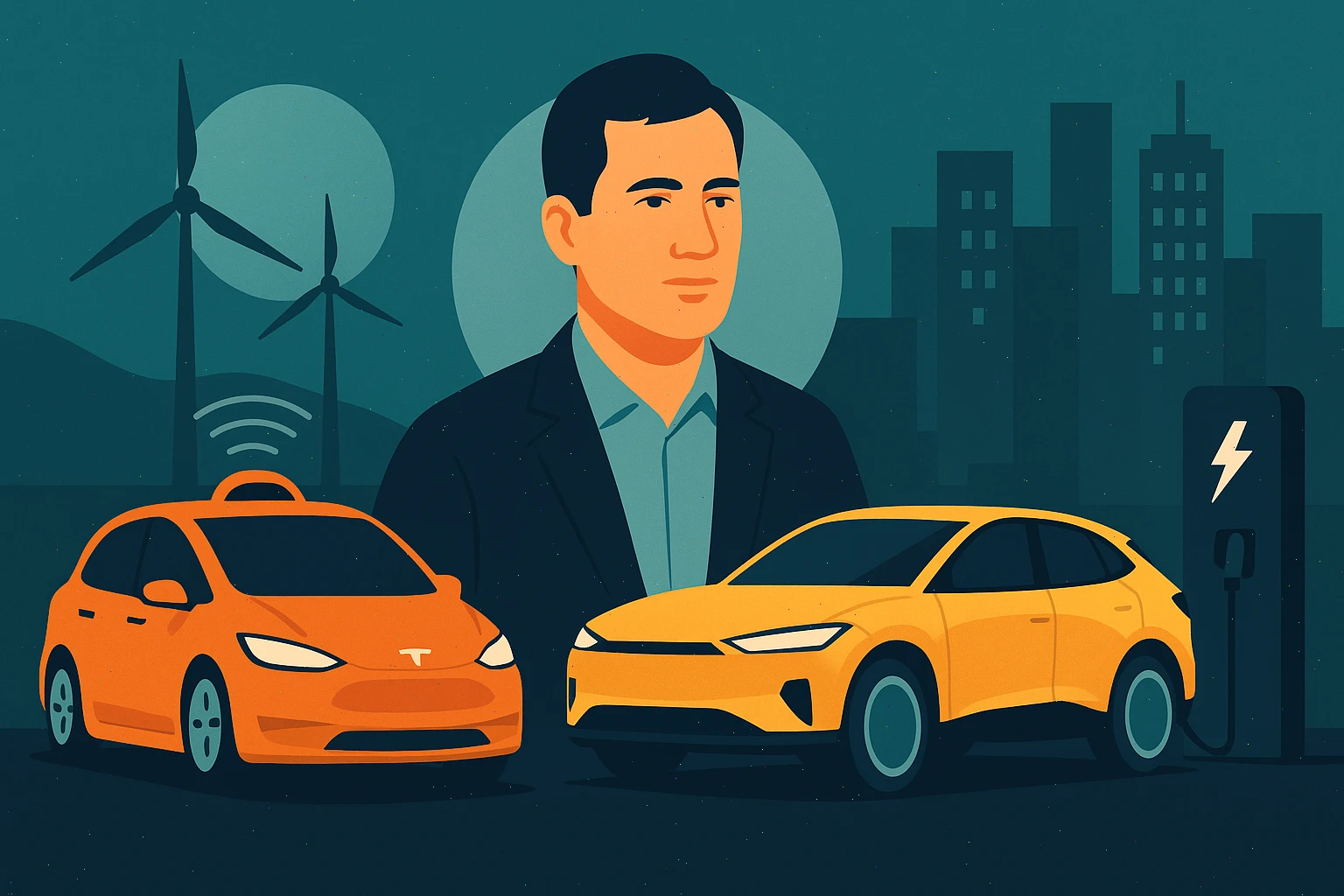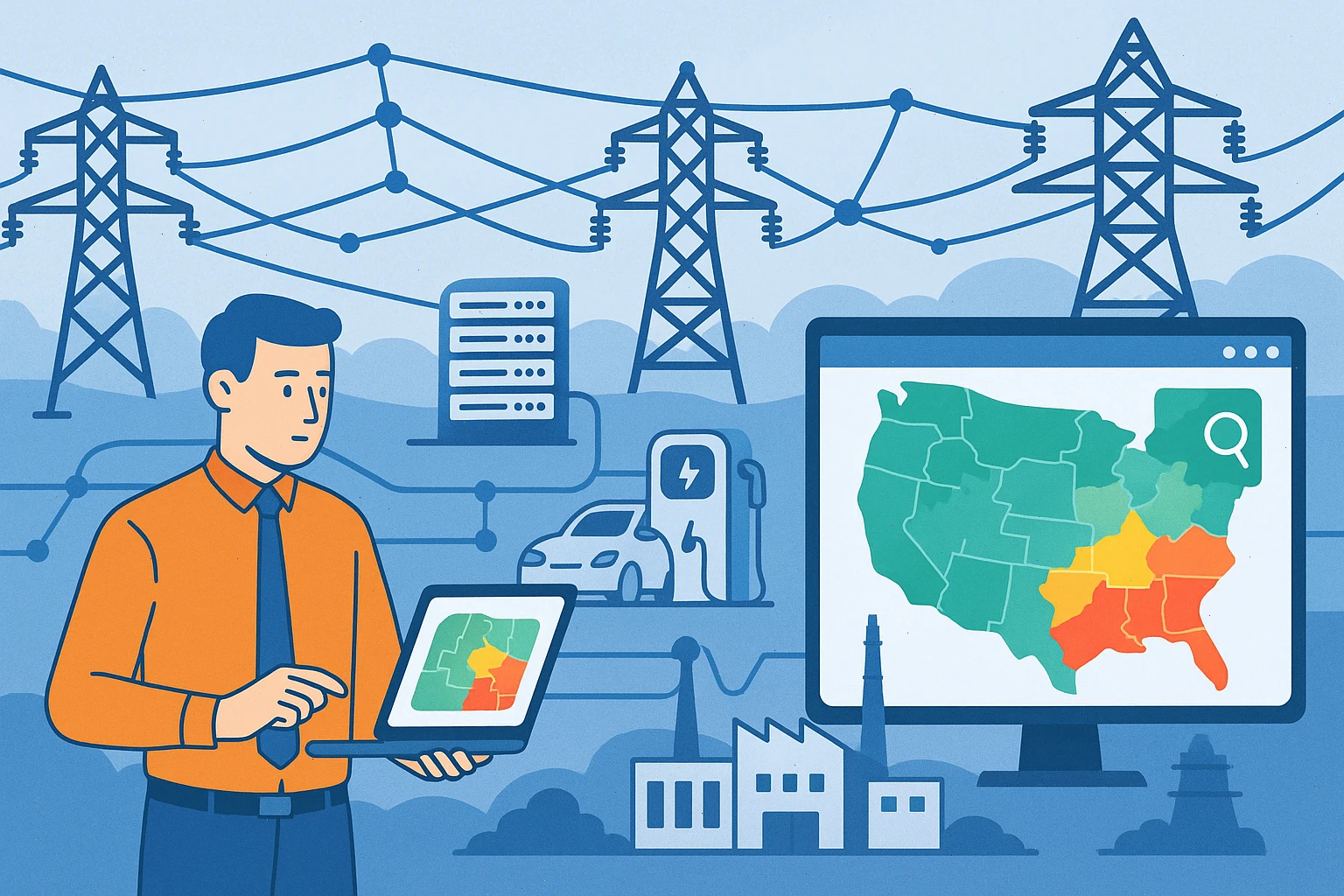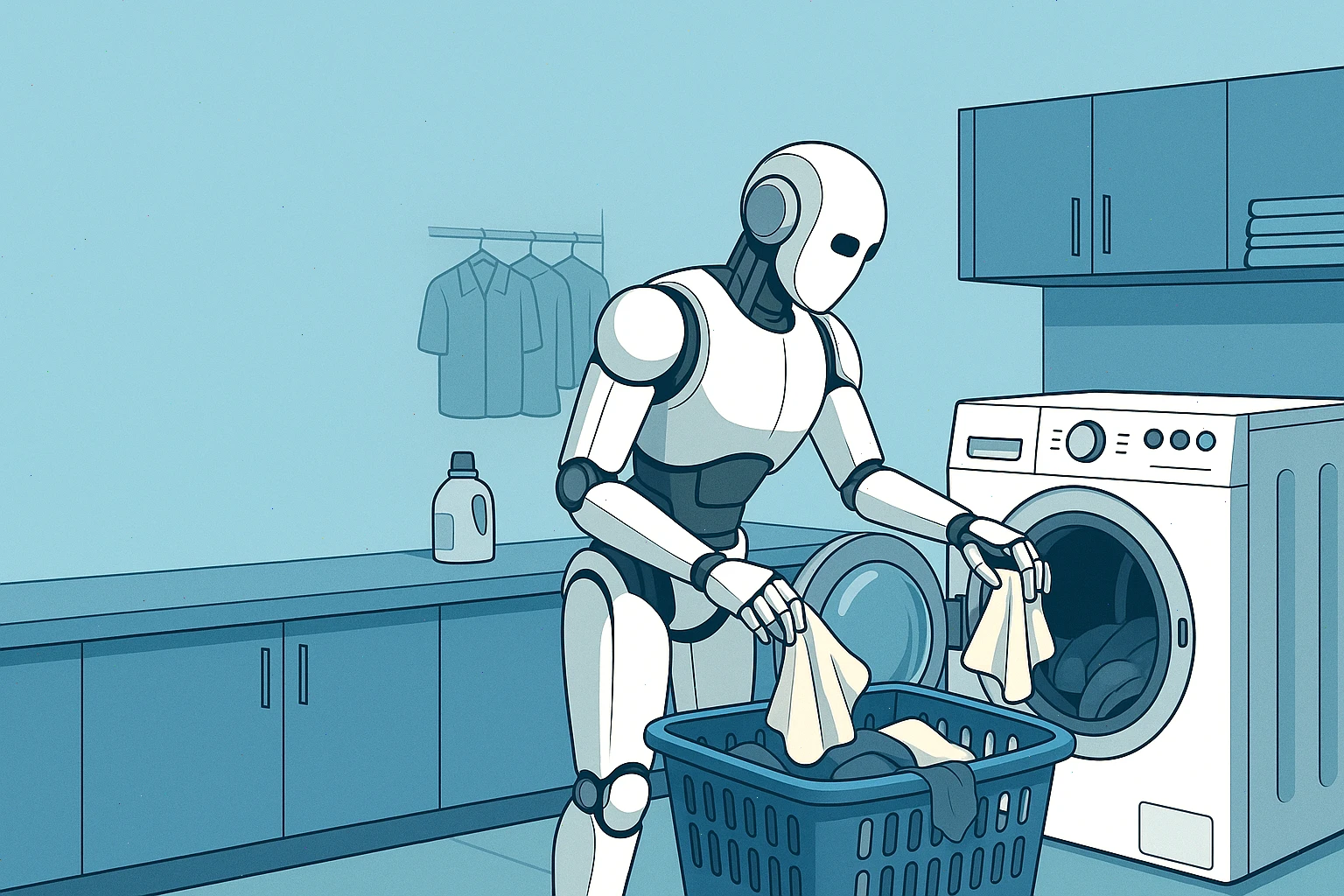
Just a week after reaching a critical milestone by launching its driverless trucking service, Aurora Innovation is once again in the spotlight—this time due to a major leadership change. Sterling Anderson, a co-founder and the company’s Chief Product Officer, is stepping down from both his position and his board seat.
Anderson gave limited explanation for his departure during Aurora’s Q1 earnings call. He shared, “Leaving Aurora is one of the most difficult decisions I’ve ever made, especially given the exciting stage Aurora is at. This is precisely what gave me the confidence that now is the right time.” While he didn’t disclose his next destination, he hinted at taking a senior leadership role at a globally recognized company.
Despite the shift, Aurora is forging ahead. The company revealed plans to operate its autonomous trucks at night and in adverse weather—like rain and strong wind—by the second half of 2025. Additionally, its current route from Dallas to Houston will expand to El Paso and Phoenix.
Zeekr’s Retreat Reflects U.S.-China Trade Tensions
In an uncommon move for a publicly traded company, Zeekr, a Chinese electric vehicle brand under Geely Auto, is preparing to go private. This decision follows mounting pressure from the U.S. government, particularly the Trump administration’s push to delist Chinese companies from American stock exchanges. Zeekr had only debuted on the NYSE a year ago.
Investment and Acquisition Highlights
Bosch Ventures has launched a $270 million fund, continuing its support for deep tech startups. Managing Director Ingo Ramesohl told TechCrunch that North American ventures would be a primary focus.
BluSmart, an Indian ride-hailing startup that recently paused operations, may receive a $30 million lifeline from previous investors—though not without conditions.
Breathe, a startup developing battery software, raised $21 million in a Series B round. The funding was led by Kinnevik Online AB, with participation from Lowercarbon Capital and the Volvo Cars Tech Fund.
DoorDash is making big moves in Europe. It has agreed to acquire U.K.-based Deliveroo for around £2.9 billion (~$3.87 billion). Separately, it announced the acquisition of SevenRooms—a restaurant CRM and operations platform—for $1.2 billion in cash.

Uber was also active, boosting its investment in Chinese AV firm WeRide by $100 million to expand services to 15 additional cities over five years. Additionally, Uber purchased an 85% controlling stake in Istanbul-based delivery service Trendyol Go for roughly $700 million.
AV Industry Shakeups and Milestones
In a surprising personnel shift, former Cruise president and CTO Mo Elshenawy has joined Hims & Hers as CTO. According to CEO Andrew Dudum, they were targeting talent from the AV sector specifically.
Nuro has begun testing its autonomous vehicle technology on the Las Vegas Strip. Co-founder Dave Ferguson promises updates on the company’s evolving business model.
Tesla faced setbacks in its branding efforts. The U.S. Patent and Trademark Office denied its attempt to trademark “Robotaxi” due to genericity. Meanwhile, the application for “Cybercab” was stalled amid similar trademark conflicts.
Uber secured partnerships with three Chinese AV companies—Pony AI, Momenta, and WeRide—as it seeks to capture market share for robotaxi services in the Middle East and Europe (not China).
Waymo is scaling operations with a new 239,000-square-foot facility in Mesa, Arizona. Partnering with Magna, it will manufacture over 2,000 autonomous Jaguar I-Pace vehicles. Waymo now has a fleet of 1,500 commercial vehicles.
Wayve, a British AV startup, continues to garner high-profile interest. After Bill Gates rode in a test vehicle, Virgin Group’s Sir Richard Branson—also an investor—joined the ranks. At the recent Fortune Brainstorm AI conference, Wayve CEO Alex Kendall discussed their end-to-end tech strategy and offered commentary on Tesla.
Zoox temporarily halted its driverless testing and issued a voluntary software recall following a crash in Las Vegas.
EV Industry: Growth, Setbacks, and Trade Fallout
Cadillac’s luxury electric sedan, the Celestiq, made its debut, with contributor Emme Hall offering firsthand insights after a day of testing.
Trade tensions between the U.S. and China are beginning to take a measurable toll. Automakers such as Ford and General Motors have withdrawn their annual forecasts, citing economic uncertainty stemming from new tariffs.
Rivian revised its delivery estimates downward (now 40,000 to 46,000 vehicles for the year), citing regulatory shifts. On a brighter note, Rivian reached a profitability milestone that unlocks $1 billion in funding from Volkswagen through a joint venture.
Ford is also increasing the price of its Mustang Mach-E SUV and Maverick pickup by up to $2,000, directly attributing the hike to tariffs on Mexican-manufactured vehicles.
Lucid Motors is working to resolve quality issues that have plagued the early stages of its electric Gravity SUV rollout.
Mitsubishi Motors is in negotiations with Foxconn to source an electric model for release in Australia and New Zealand by late 2026.
Despite a spike in EV sales in April, Tesla continues to experience declining market performance across Europe.
Flying Into the Future: Joby Aviation’s 2026 Timeline
Joby Aviation now officially targets 2026 to launch its commercial passenger service, slightly delaying its original plans. The electric vertical takeoff and landing (eVTOL) firm—originally aiming for 2025—had shifted to “early 2026” before settling on the more cautious timeline.







